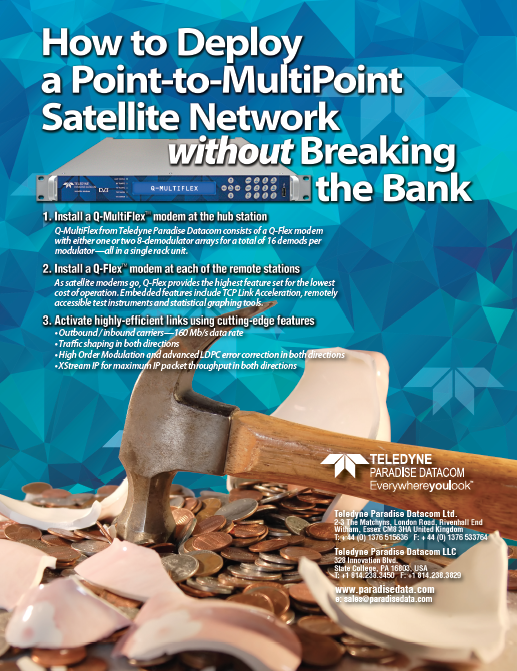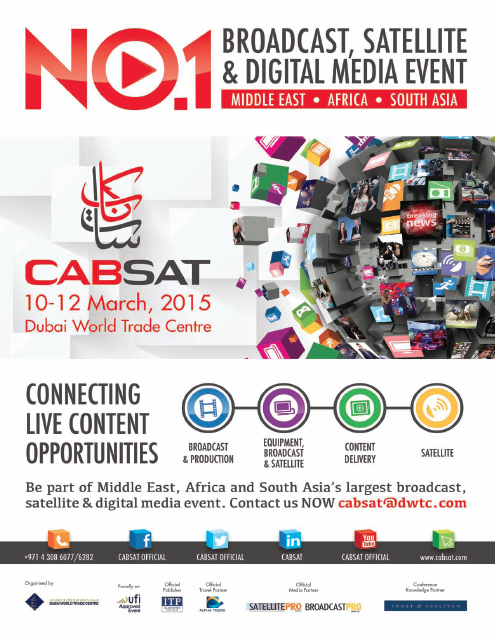A company’s prosperity and success is measured by wealth. However, is financial acumen the only—or the best—measurement of wealth in today’s business world within a retail chain, in a corporate structure and on Wall Street?

We know the only constant is change. With the constant changes in business, are there other measurements of wealth on which we can focus? Let’s look at wealth from three perspectives:
• “Wealth” from financial related assets
• “Wealth” from information
• “Wealth” from your network of contacts/connections
The Wealth Of Assets
A Google search of “wealth” reveals... “Wealth is about more than money: It’s about assets. Assets being the stuff that you own: your car, your house, your collection of Rembrandt paintings, your Cartier watch. Cash money is an asset, too—so include your bank account on the asset side of the equation.”
As everyone knows,just because a definition has been sourced from the Internet doesn’t necessarily make it true. But shouldn’t the discussion of wealth extend beyond simply financial considerations?
The Wealth Of Information
Once upon a time, the value of a businessperson was measured largely by the information s/he possessed. Many believe their information protects them and keeps them as a valuable member of their business community. After all, “information is power.”
As the Internet became an integral part of the fabric of everyday life, data and information became available to anyone who could access a keyboard and monitor. Want to make a repair to your home? Simply look up the solution on YouTube. Need a mechanic? Just “Google it.”
Value nowadays is much more about the businessperson’s problem solving abilities and critical thinking. In fact, business experts today are referred to as “thought-leaders”. We could say that the person who relies heavily on what data they possess is less “wealthy” than when compared to an earlier time. With technological changes, data and information have become a commodity.
The Wealth Of Human Connections
In spite of all the recent technological advancements, human relationships in business carries far more weight than ever before. As an example, several decades ago, making a business “cold call” was a natural way to drive sales revenue. Today, most businesses have locked doors and there is no pathway in without an appointment. In order to obtain that appointment, one first needs to have developed a personal relationship within that business.
People want to do business with contacts they know and trust. Technology has given everyone and anyone the ability to send email and text blasts and to program robo-calls 24x7. Thanks to technology, and in spite of all of this access to the prospective purchasing audience, nothing obtains an appointment faster than having established personal familiarity and trust with the potential client’s representatives.
Technology can enhance and accelerate business, but human interaction continues to trump all. For example, LinkedIn has helped companies and individuals to network faster and more efficiently. But the one-to-one networking occurs when people meet and connect, face-to-face. LinkedIn is a tool. No more, no less.
The value of connections can elevate an experienced employee with several years in a position more valuable than a younger business professional, thanks to the former’s accumulation of more reliable data and information.
Today, the seasoned professional has had more time and more opportunity to develop strong connections and business relationships. In reality, some have done a far better job of leveraging their experience than others. However, this is all part of the rule of change. Nothing stays the same—you must remain agile in your business life. For the business professionals who have invested in building relationships find themselves in a valuable position today.
Think about it—how many internal business conversations include a discussion about, “Who in our company knows someone that our partner/competitor/prospective customer knows?”
Knowing people isn’t enough. Are your business relationships active with people of influence? Is there a two-way relationship of give and take between your firm and the external contacts? Will those contacts return that important call? Have you made them comfortable enough to speak with you in confidence?
Businesses demand growth. Growth is derived through the successful penetration of new markets, building revenues in existing markets, teaming, partnering and acquisitions. All of these events happen between human beings. These tasks become more difficult when none of the human beings involved knows one another. There is a much higher degree for success when there are established human connections. Several examples of such personal interactivity include:
• Research local industry events and attend them to make new contacts
• Schedule meetings within your current network and ask to be connected with people they know who are “well connected and well regarded”
• Ask your contacts what you can do to help them
Effort is required to nurture the human connections which, in turn, can build financial wealth. Good hunting.
Bert Sadtler is the President of Boxwood Search and a Senior Contributor for SatMagazine—There is a ongoing battle for senior level talent. A great hire can make a long term positive impact and a failed hire can prove to be quite expensive. How does a company recruit and hire the right talent? This activity requires more than simply networking within the community of friends and business associates—focus on results through a process oriented approach is required. Boxwood Search is committed to reaching a successful outcome when seeking human resources. The recruitment methods used have successfully proven the delivery of qualified senior talent for firms. Contact Bert at BertSadtler@BoxwoodSearch.com for additional information.



